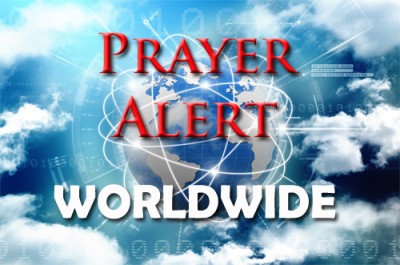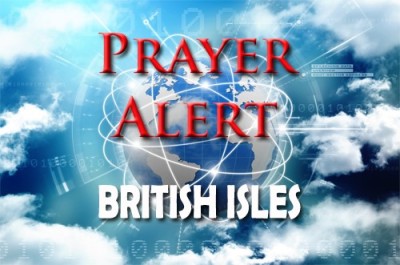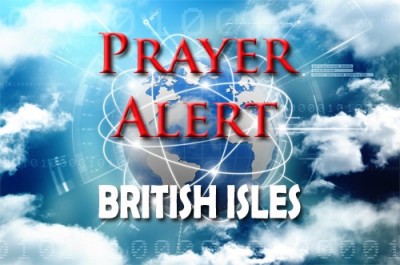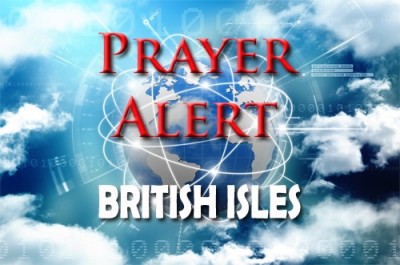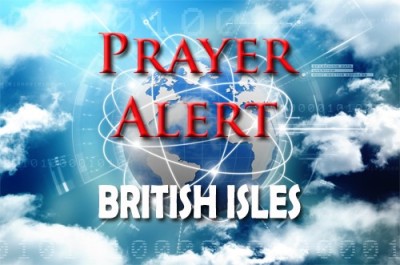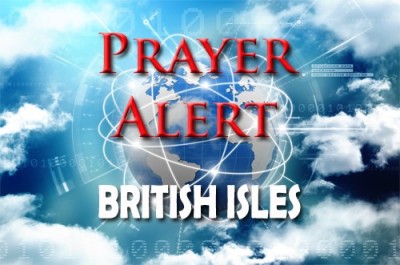Antarctica heatwave linked to climate change
28 Sep 2023Following last week’s article about Antarctica, a recent study has linked a world-record heatwave there to climate change. In March 2022 temperatures in an area of east Antarctica, known as ‘Dome C’, reached -10°C, 39°C above normal. It was the most intense heatwave ever recorded on the planet. The study identified a ‘highly unusual’ weather pattern that brought warm and moist air from Australia, intensifying the heatwave. Climate change made the heatwave 2°C worse. This event raises concerns that climate change is impacting Antarctica, which was once considered relatively shielded. Scientists say that these heatwaves, which occur naturally to some extent, will become even hotter due to climate change. They have also warned of rising sea levels and the potential for Antarctica to stop acting as a refrigerant for the planet and start ‘acting as a radiator’. The study was published in the peer-reviewed journal Geophysical Research Letters.
Tennis players showing their faith
21 Sep 2023After 19-year-old Coco Gauff won her first Grand Slam title at the women’s tennis championship in the US Open on 9 September, she dropped to her knees, put her elbows on the bench, clasped her hands and brought them to her forehead with her eyes closed in prayer.Gauff said in an interview with NBC: ‘I was just saying thank you and I understood that all the tough times were just to make that moment even sweeter. I think if it came easy, I wouldn’t feel as appreciative as I did at that moment.’ Gauff has always been open about her Christian faith. Following her win in the Cincinnati Masters in August, she thanked her ‘Lord and Saviour Jesus Christ’ at the trophy ceremony. The men’s singles champion in the US Open, Serbian Novak Djokovic, is an Orthodox Christian who often wears a wooden cross around his neck and has been seen blessing himself during matches.
In an effort to protect survivors of bonded labour from further exploitation, the government in Tamil Nadu, India, has established an herb garden for families of the Irula tribal community. The garden provides ten survivor families and thirty other families with the opportunity to cultivate and sell a diverse range of herbs, medicinal plants and fruit-bearing trees. Having secure job opportunities will prevent them from obtaining loans from unscrupulous lenders who prey on their vulnerability. The herb garden is the result of a proposal which the Released Bonded Labourers Association (RBLA) had submitted with the help of IJM. It is part of many others that the government has been regularly creating, from helping survivors and other vulnerable families earn a stable income to establishing a first-of-its-kind, holistic community for survivors. The herb garden is significant as it preserves the knowledge of traditional medicinal herbs. Following the launch, an RBLA leader gave a tour of the herb garden and said, ‘I hope this will inspire other survivors to come forward and access government welfare measures’.
PM changes stance on climate change
21 Sep 2023Prime minister Rishi Sunak has defended the country's commitment to its net-zero targets despite criticism from the government's Climate Change Committee (CCC). In response to concerns about the UK's approach to climate change, Sunak emphasised his confidence in achieving net-zero emissions by 2050. However, the recent overhaul of green policies, including a five-year delay in the ban on new petrol and diesel cars, has faced backlash, with the CCC stating that it sets the country back. Sunak framed these policy changes as pragmatic, emphasising the costs of low-carbon technology. The debate highlights the tension between political priorities and climate objectives. Critics argue that these alterations could hinder the UK's ability to meet legally binding climate goals. The controversy comes amid the backdrop of preparations for an expected general election, with the Conservative Party, under Sunak's leadership, seeking to create distinctions between itself and opposition parties.
Concern over app used in Bristol schools
21 Sep 2023Over 100 schools in Bristol have faced criticism for using the Think Family Education (TFE) app, which provides safeguarding leads with easy access to pupils' and their families' interactions with police, child protection, and welfare services. Staff using the app have reportedly kept it secret from parents and carers. The city council and Avon and Somerset police, who collaborated on the system, maintain that the app is meant to protect children and is not secretive, with information about its existence publicly available. Critics argue that most parents are unaware of the app's existence, and that it should be shut down to prevent the profiling and criminalisation of children. The app draws data from the Think Family database, which contains information from around 50,000 families in Bristol, collected from various agencies. It uses ‘targeted analytics’ to identify children at risk of exploitation, though critics argue it may disproportionately affect children from minority ethnic or disadvantaged backgrounds.
Chancellor urged to spend on public services
21 Sep 2023In August, high inflation led to increased government finances, creating pressure on Chancellor Jeremy Hunt to boost support for state services, according to the Resolution Foundation. Government borrowing for August was £11.6 billion and nearly £70 billion for the first five months of the current fiscal year. This left the Chancellor £11.4 billion better off for 2023-24 than March's official forecasts had predicted. The Resolution Foundation noted that while higher inflation had led to increased tax payments, it had strained public services with pre-inflation budget allocations, making future public service cuts less tenable. Conservative backbenchers have opposed increasing department budgets in favour of tax cuts, while former prime minister Liz Truss has advocated tax cuts to stimulate economic growth. The borrowing figures highlight the need to manage inflation and government finances.
Police officer charged with murder of Chris Kaba
21 Sep 2023An armed Metropolitan Police officer, identified as NX121, has been charged with the murder of black rapper Chris Kaba in south London. Kaba, a 24-year-old expectant father, was fatally shot by a police marksman during a vehicle stop on 5 September 2022. Armed officers had been covertly following the vehicle, flagged by Automatic Number Plate Recognition as connected to a firearms incident. After the shooting, no firearms were found in the vehicle. The officer was initially placed on restricted duties but later suspended. The decision to charge the officer followed a six-month investigation by the Independent Office for Police Conduct (IOPC). NX121 is set to appear in Westminster magistrates’ court. Kaba's family welcomed the charging decision, expressing hope that justice would be served. The police federation expressed concern about future implications for officers involved in dangerous roles. This case echoes past instances where armed Met officers faced murder charges over fatal shootings while on duty.
Change in attitudes towards school attendance
21 Sep 2023A recent report conducted by consultancy Public First highlights a ‘seismic shift’ in parental views on daily school attendance since the Covid pandemic. The factors contributing to this shift include the cost of living crisis, increased mental health concerns among students, and a more holistic approach to daily life. The research reveals that before the pandemic daily school attendance was seen as a fundamental aspect of good parenting. However, post-Covid, parents no longer view it in the same light, considering school attendance as one of several competing options or demands on their child. This shift is exemplified by a significant number of parents taking their children on holiday during term time, which is now considered socially acceptable. The report recommends the abolition of fines for school absences, citing their ineffectiveness in changing parental behaviour and their detrimental impact on school-parent relationships. It also advocates for increased investment in Special Educational Needs and Disabilities (SEND) and Child and Adolescent Mental Health Services (CAMHS) to improve attendance.
